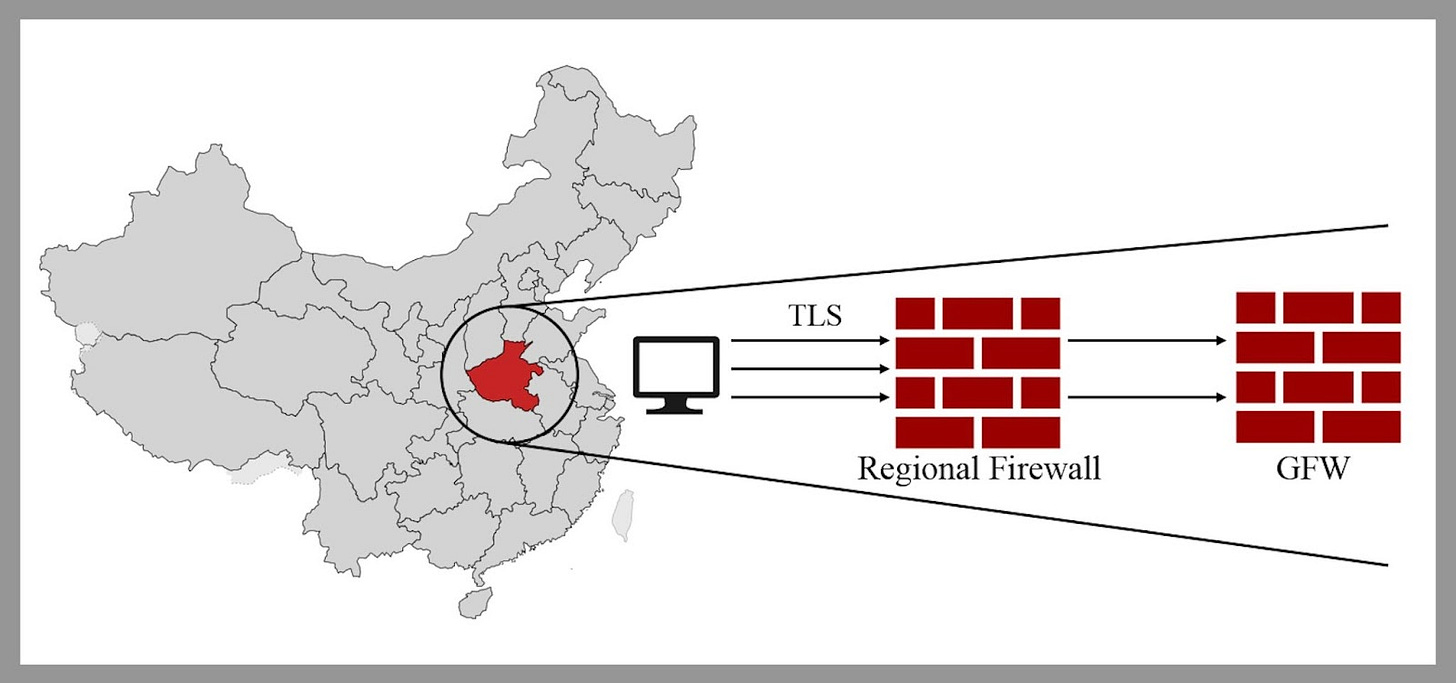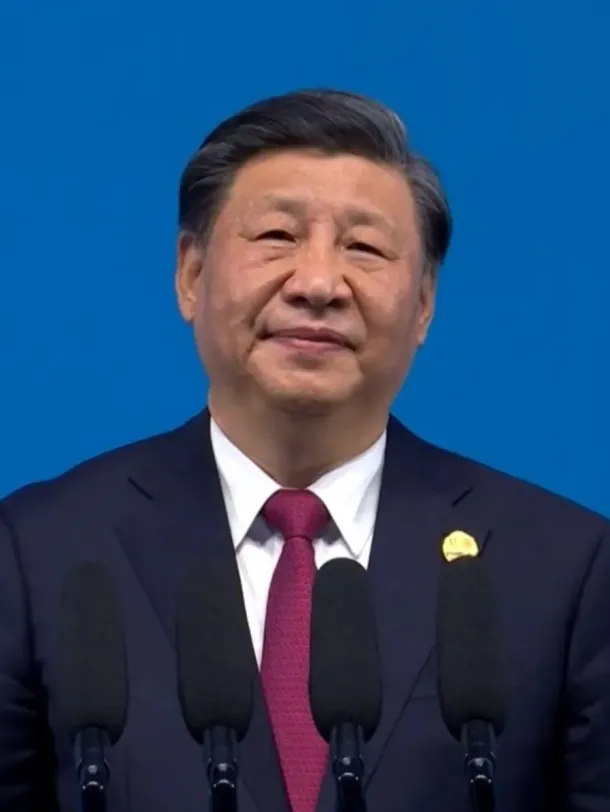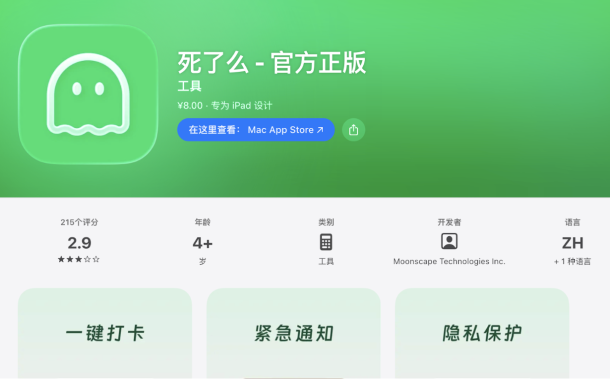Walls Within Walls

From the outside, China’s so-called “Great Firewall” (GFW), a network of regulations and digital controls the Chinese government uses to restrict content in cyberspace, can appear monolithic — uniformly blocking global websites within the country. But there are wheels within wheels — or rather, walls within walls. An investigation published this week by a team of US researchers, including from the censorship monitoring platform GFW Report, concluded that Henan province has erected its own additional firewall that blocks up to 10 times more websites than filtered by the national firewall.
The team followed a trail of breadcrumbs from Chinese developers, who posted on coding forums like GitHub that they had spotted websites openly available in the rest of China that suddenly went down if they were in Henan. The report tests website access on servers in multiple regions, including Beijing, Shanghai, Guangdong and Jiangsu. The report notes that whereas the national firewall disproportionately targets websites surrounding pornography and news, business and finance received the largest share of blocks within the Henan firewall. The report surmises this could be because the province has previously been hit by a number of corruption scandals in state-controlled banks that have jeopardized social stability, such as the Henan banking crisis of 2022. “It is very probable that the state wants to limit access to information that is relevant to the economy of the area,” the report suggests. Information control targeted to particular provincial sensitivities is an interesting development in China’s digital censorship.

















